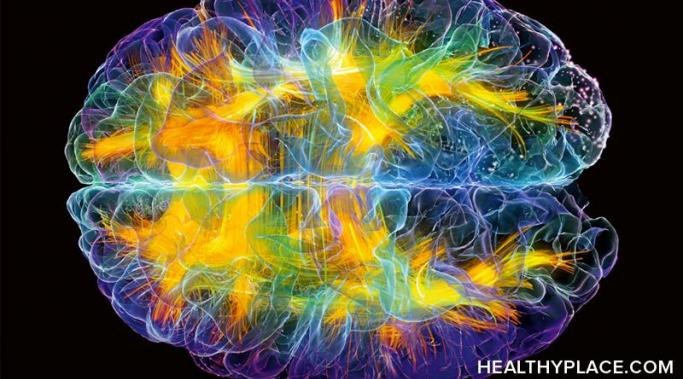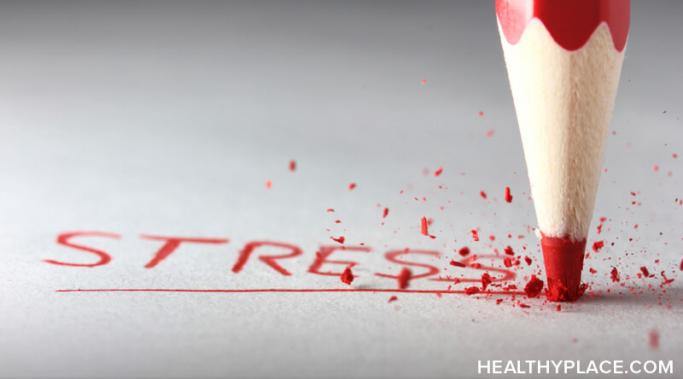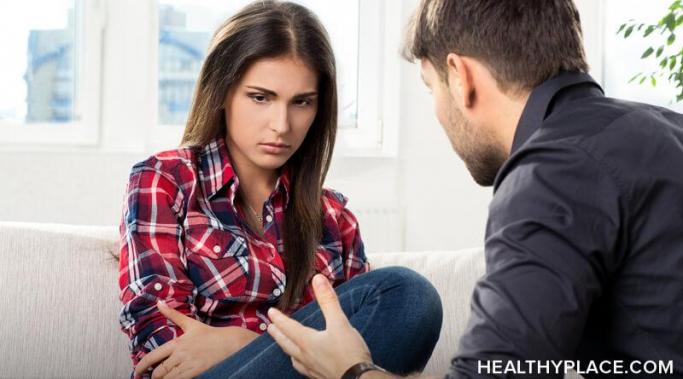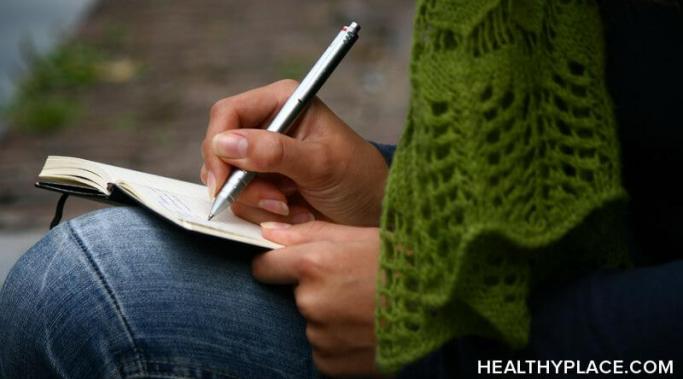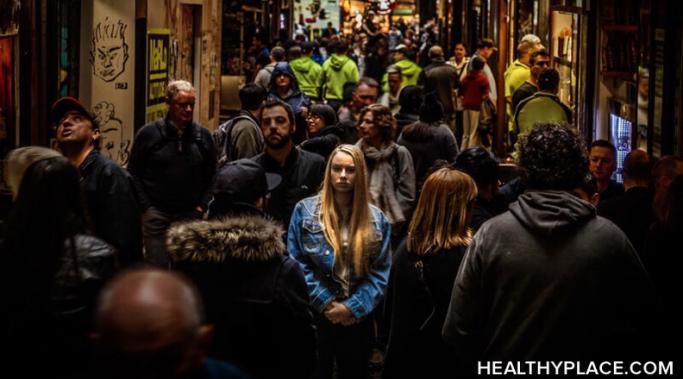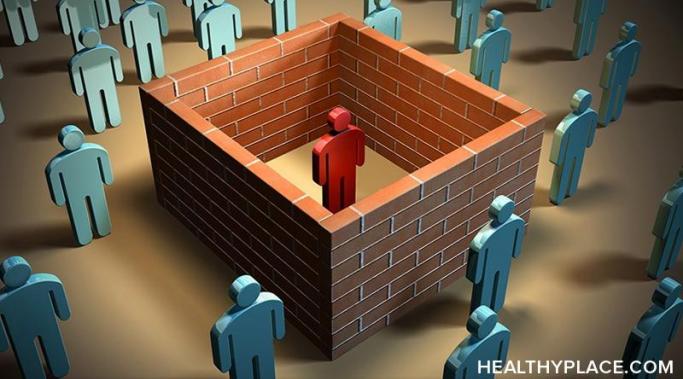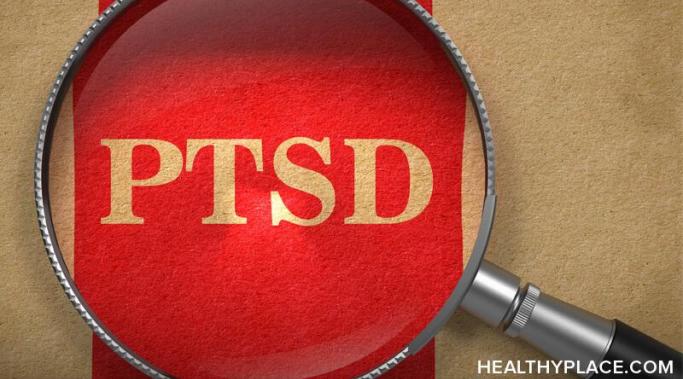Feeling helpless helps my trauma recovery? Yes--you read the title correctly. The subject of this article is helplessness as a form of healing. If that sounds completely counterintuitive to you, you're not alone. I'm sure that if I had come across an article making this same claim in the past, I would have labeled it as completely ludicrous. But hear me out. If you totally disagree, you can write out your counter-argument in the comments.
PTSD Videos
For many individuals with posttraumatic stress disorder (PTSD), short-term memory loss is a significant concern. While working to calm and organize memories of trauma, individuals with PTSD may also struggle to recall simple, everyday information. Short-term memory loss can leave an individual with PTSD with concerns over deteriorating cognitive functioning, and uncertainty about just how much forgetfulness is reasonable and how much becomes a medical concern.
Understanding how stress from positive change adds to our stress load improves our self-care and helps us stay on the path to posttraumatic stress disorder (PTSD) recovery. While the word "stress" applies to life-altering situations like traumatic or stressful events as often as it pertains to a long to-do list, it is not typically associated with times when things are good. However, positive change and stress do exist together and it helps people with PTSD to recognize them when they occur.
We can't get away from having toxic people in our life sometimes. In a perfect world, we would never encounter someone unhealthy for us. The people with whom we hold company would all be healthy influences. Unfortunately, as those of us with posttraumatic stress disorder (PTSD) likely already know, we do not live in a perfect world. Although we can choose our friends, and we can migrate toward or away from certain co-workers, acquaintances, and even family members, we cannot always prevent having some toxic people in our life.
Seasonal holidays involve many inherent rituals, but have you considered creating your own personal rituals to protect you from holiday stress and anxiety? I had the opportunity to discuss rituals--both helpful and harmful ones--with psychologist Stanton Peele while researching an article about addiction for Vice.1 He describes the ways in which some rituals actually protect people from developing addictions--such as Jewish customs of drinking wine only during certain occasions. He finds that Jews who associate wine in that religious context often find it odd to think of alcohol as a "party drug." This conversation made me think of the routine rituals we encounter during the holidays. Can trauma survivors intentionally create personal rituals as a means of coping with some of the extra stress associated with holidays?
Depersonalization is one of the potential dissociative symptoms experienced by a person with posttraumatic stress disorder (PTSD). Individuals frequently describe depersonalization as repeated instances of feeling a disconnect between one's thoughts and physical self. Some also describe it as watching the world through a dreamlike state or watching events from outside one's body. It is one of the most challenging to define sensations I have ever experienced. Following are some examples of depersonalization symptoms in PTSD and how I experienced them.
To avoid the stigma around posttraumatic stress disorder (PTSD), many people keep their PTSD symptoms secret. How others perceive people with PTSD creates the stigma. Yet, there is another form of derision at play here --that of self-stigma. Identifying, understanding and correcting self-stigma can significantly impact us and the stigma around PTSD as well.
Do you appreciate your successes, or does pausing to appreciate success scare you? Even though success is a very normal aspiration, feeling happy about a success (or feeling happy for any reason) can be scary for trauma survivors. The definition of success varies greatly between individuals and can even change during different stages of the same person's life. However, for those of us living with posttraumatic stress disorder (PTSD), the experience of success is sometimes a little extra complicated, even scary. I'm slowly learning to appreciate success in my life with PTSD.
Finding the right level of self-care for posttraumatic stress disorder (PTSD) shouldn't be that hard considering that self-care is a concept I read or hear about daily. The Internet is replete with self-care checklists and ideas for busy parents, overloaded students, and almost every mental health condition ever diagnosed. However, balancing my level of self-care with PTSD becomes lopsided because self-care frequently presents as an activity or item that is considered to be a treat. Manicures, chocolates, long baths, and time to read are common self-care suggestions. Personally, I find self-care to be more complicated, as it is not always about taking it easy on myself. Here is why I balance my indulgence level of self-care with PTSD against challenges.
Hi, my name is Elizabeth Brico and I’m the new author of Trauma! A PTSD Blog. You can also call me Betty if you prefer. I've been diagnosed with posttraumatic stress disorder (PTSD) for almost a decade. I developed it in response to domestic violence, which occurred when I was a teenager. HealthyPlace has been a long time refuge for me. I've enjoyed reading the various blogs and articles, especially those pertaining to PTSD. You can imagine, then, that I'm thrilled to be joining the team as one of the authors of Trauma! A PTSD Blog.

